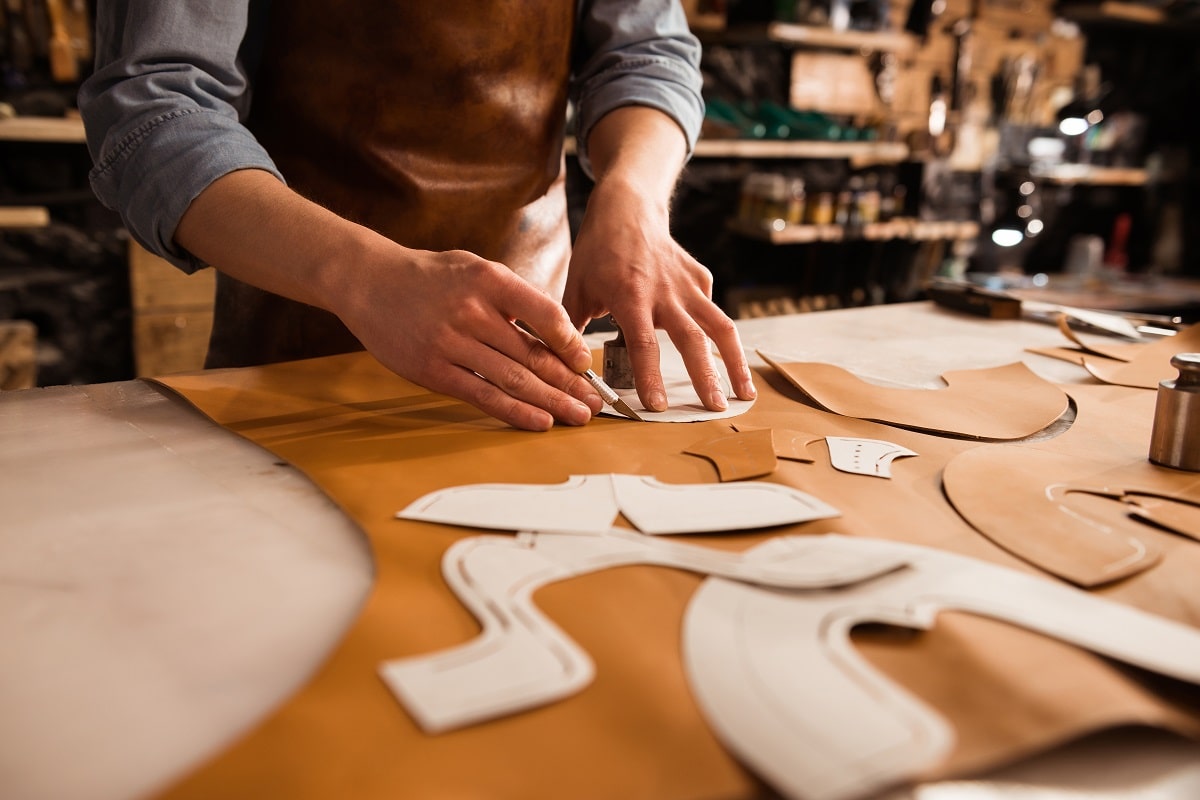In this article, we will delve into the world of costume design, exploring the essential skills, educational requirements, career prospects, and top 10 jobs for aspiring costume designers.
Understanding the Role of a Costume Designer
Costume designers are responsible for creating and selecting the wardrobe for characters in films, TV shows, stage productions, and other visual media. They work closely with directors, producers, and actors to develop costumes that enhance the storytelling and bring characters to life.
Costume designers need to have a keen eye for detail, a deep understanding of character psychology, and the ability to work within the constraints of the production’s budget and timeline.
Essential Skills for Aspiring Costume Designers
To succeed as a costume designer, you need a diverse set of skills that combine creativity, technical proficiency, and strong communication abilities. Some of the essential skills for aspiring costume designers include:
- Creativity: Costume designers must be able to think outside the box and come up with innovative and visually appealing costume designs that align with the character’s personalities and the overall tone of the production.
- Attention to Detail: From selecting fabrics and colors to ensuring that every costume piece fits the actor perfectly, costume designers must pay meticulous attention to detail to create a cohesive and authentic look.
- Collaboration: Costume designers work closely with directors, producers, actors, and other members of the production team. Strong collaboration and communication skills are essential to ensure that everyone is aligned on the vision for the costumes.
- Knowledge of Fashion History: A deep understanding of fashion history and trends is crucial for costume designers to create accurate period costumes and stay informed about current fashion influences.
- Technical Skills: Costume designers should have a solid foundation in sewing, pattern-making, and garment construction to bring their designs to life effectively.
- Budgeting and Time Management: Costume designers often work within tight budgets and deadlines. The ability to manage resources efficiently and deliver high-quality work on time is essential.
Educational Requirements for Costume Designers
While formal education is not always a strict requirement for becoming a costume designer, pursuing a degree in costume design or a related field can provide you with valuable skills, knowledge, and industry connections. Many colleges and universities offer programs in costume design, fashion design, or theater arts that can help aspiring costume designers hone their craft.
New York University (NYU) and Parsons School of Design are renowned for their fashion and design programs, offering courses specifically tailored to aspiring costume designers. Additionally, institutions like the Fashion Institute of Technology (FIT) and the Fashion Institute of Design & Merchandising (FIDM) provide excellent resources and training for students interested in pursuing a career in costume design.
Top 10 Jobs for Costume Designers
This section explores the top 10 career paths for costume designers, showcasing the diverse roles they play in shaping visual narratives and enhancing experiences in both entertainment and education.
- Film and Television Production: Costume designers play a crucial role in creating the visual aesthetic of characters in movies and TV shows, helping to bring the story to life through costume choices.
- Theater Productions: Costume designers collaborate with directors and actors in theater productions to design costumes that enhance the storytelling and create a memorable visual experience for the audience.
- Fashion Shows and Events: Costume designers may work on fashion shows, runway events, and photo shoots, creating unique and eye-catching looks for models and performers.
- Opera and Dance Performances: Costume designers in the performing arts industry are responsible for creating costumes that allow performers to move comfortably and express themselves on stage.
- Theme Parks and Entertainment Venues: Costume designers may work in theme parks, cruise ships, or other entertainment venues, designing costumes for characters and performers to create an immersive experience for guests.
- Historical Reenactments: Costume designers with a passion for history may find opportunities to create authentic period costumes for historical reenactments, museums, and educational programs.
- Corporate Events and Branding: Some costume designers work in the corporate sector, designing costumes for brand mascots, promotional events, and marketing campaigns.
- Costume Rental and Wardrobe Services: Costume designers may also work in costume rental shops or wardrobe departments, providing costumes for theatrical productions, events, and individuals.
- Freelance Costume Design: Many costume designers work as freelancers, taking on a variety of projects in film, theater, fashion, and other industries.
- Academic Institutions: Some costume designers teach at colleges, universities, or art schools, sharing their expertise and passion for costume design with the next generation of creatives.
By exploring these diverse career paths, aspiring costume designers can find opportunities to showcase their talent, creativity, and passion for storytelling through costume design.
Career Prospects for Costume Designers
Costume designers can find employment opportunities in a variety of industries, including film, television, theater, fashion, and more. According to the Bureau of Labor Statistics, the median annual wage for costume designers was $73,790 in May 2020, with the highest 10% earning more than $139,120.
Conclusion
The demand for costume designers is expected to grow in the coming years, driven by the continued expansion of the entertainment industry and the increasing emphasis on visual storytelling across various media platforms.
Aspiring costume designers who stay current with industry trends, build a strong portfolio, and network with industry professionals can increase their chances of success in this competitive field.
Key Takeaways:
- Costume designers play a vital role in bringing characters to life through their clothing choices in various entertainment mediums.
- Essential skills for aspiring costume designers include creativity, attention to detail, collaboration, knowledge of fashion history, technical skills, and budgeting/time management.
- Pursuing a degree in costume design or a related field can provide valuable skills and industry connections for aspiring costume designers.
- There are diverse career paths for costume designers, including film and television production, theater, fashion shows, historical reenactments, and more.
- The demand for costume designers is expected to grow, offering opportunities for those who stay current with industry trends and build a strong portfolio.
Consider enhancing your skills and knowledge in costume design by enrolling in the FIDM Fashion Design online course and certificate program offered by Yellowbrick.
This program can provide you with valuable insights and practical experience to kickstart your career as a successful costume designer.







